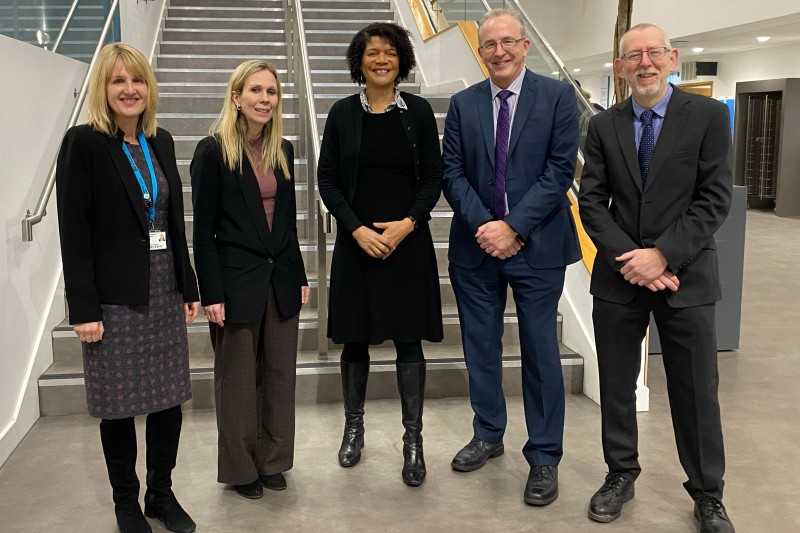Please note: Professor George Filis is no longer at Bournemouth University. This page was last updated in November 2020.
Forecasting oil prices is an intricate, complex and notoriously difficult task. With so many interlinked factors involved, the slightest changes can render a forecast completely inaccurate almost immediately. BU's Professor George Filis is working on a tool that uses a wider range of factors when forecasting oil prices. He's hopeful that it will be able to offer increased accuracy to businesses, organisations and governments who rely on getting predictions right.
There are many reasons why oil prices fluctuate. Principally, fluctuations are caused by changes to supply and demand, but there are other factors – often interconnected – that can play their part. These can include severe weather events, interruptions to supply – perhaps through a workers’ strike – or decisions by inter-governmental organisation OPEC. Geopolitics can also trigger fluctuations, from fears over a potential escalation of conflict in the Middle East, to election results in the US affecting prices.
Having so many variants makes forecasting oil prices an extremely tricky task. This is made harder by the fact that people forecast oil prices for different reasons. George Filis, Professor of Financial Economics at BU, explains: “Over the last 10-15 years or so, the oil market has become financialised. Market participants are not just those who need oil for their line of business – for example airline companies – but also policymakers looking at economic impact and investors, hedge funds in particular. The oil market does not operate in isolation from the stock market or FOREX market. They are interlinked.”
Joining the dots
Professor Filis and his team have undertaken research to show that this level of interconnectedness should be represented in the tools used to assess oil price volatility.
“We say that there should be information channels from the financial markets that can be transmuted to the oil market, which could make forecasting of oil price volatility more accurate. Practitioners so far have not used that interconnectedness between the oil market and financial market when it comes to forecasting.”
The initial research was conducted under a project called Enefor, funded by the EU’s Horizon 2020 research and innovation programme under the Marie Sklodowska-Curie grant agreement. Building on the success of that project, Professor Filis and his team at BU are now engaged in a further project, Foroil, again funded by the EU’s Horizon 2020 programme. This project focuses on the end user.
Tailored to needs
“People forecast oil price volatility for different purposes,” continues Professor Filis.
“A trader will want to forecast volatility at a short run, and actually trade on that volatility or prediction. A policymaker however, will want a long-term forecast – up to two years – in order to make policy recommendations around inflation, production output, or economic growth.”
Professor Filis hopes that his work will make it easier to take into account the different purposes oil forecasts will be used for, with the result that all those who need accurate predictions will be able to place greater trust in the outcomes suggested by the data.

Professor George Filis
Professor of Financial Economics
Evaluating forecasts based on which has the greatest or lowest number of prediction errors is not enough. You need to evaluate each volatility forecast based on its use.
The Foroil project aims to answer this need. The team is working on the foundations for a framework that will consider a range of volatility measures and models and will allow market users – be they traders, industrialists or policymakers – to choose the most appropriate volatility measure combined with the best forecasting model for them.
Overall, Professor Filis describes the findings so far as promising. The team are currently focusing on the needs of policymakers and running tests on the financial robustness of the model. While it will be some time before any such model is adopted and the project has yet to run its course, the team are already in discussions with policy makers.


